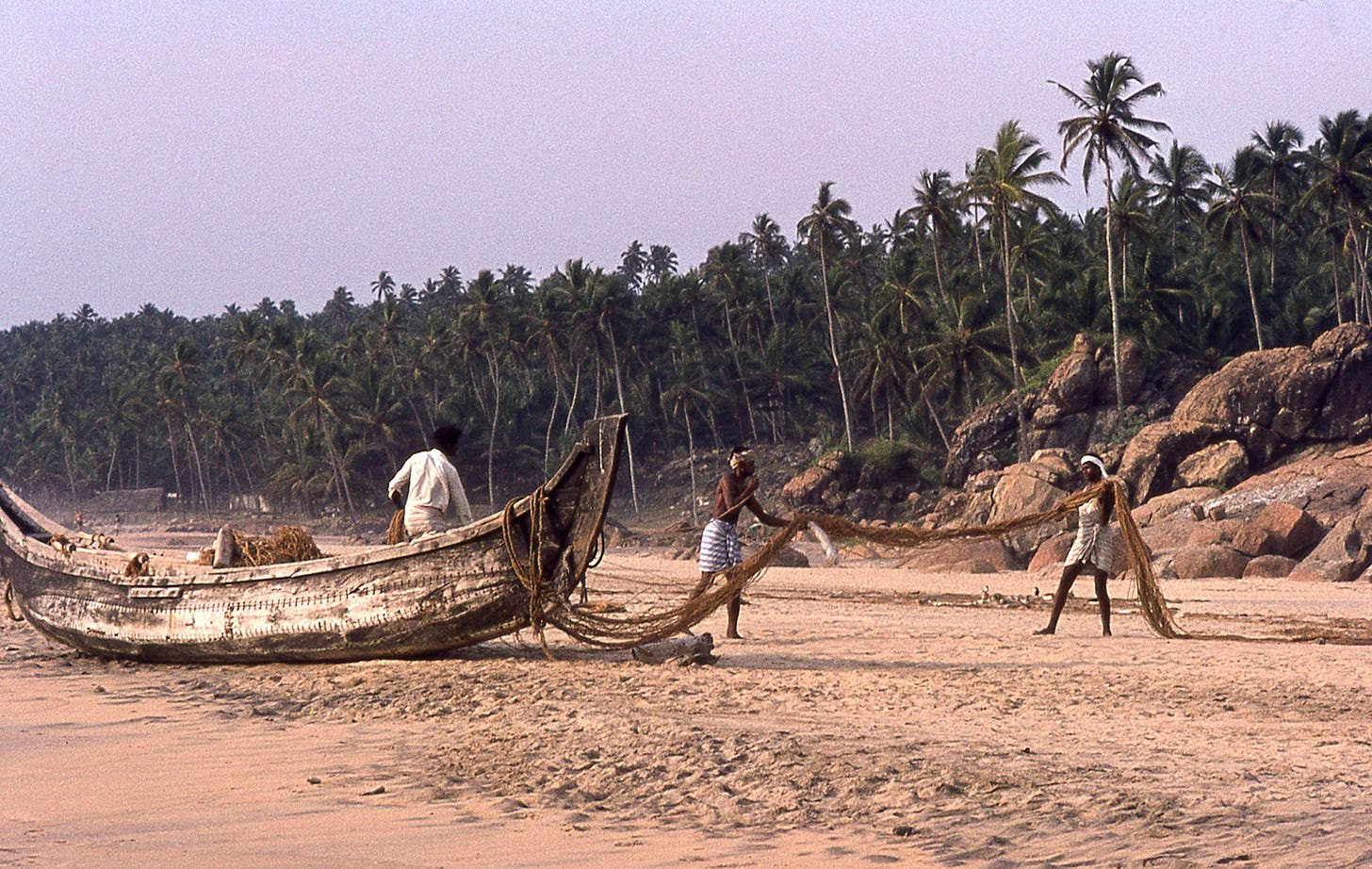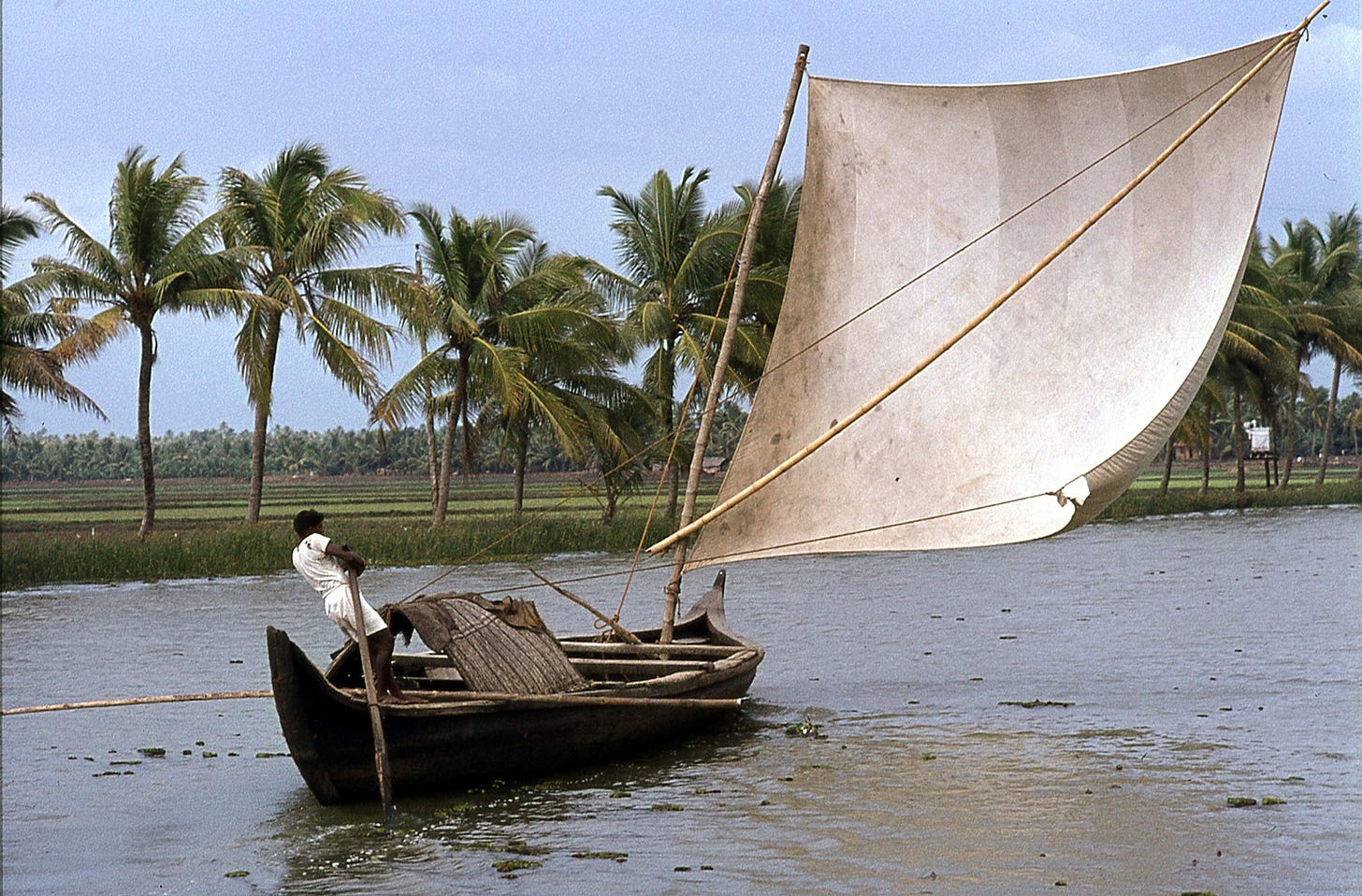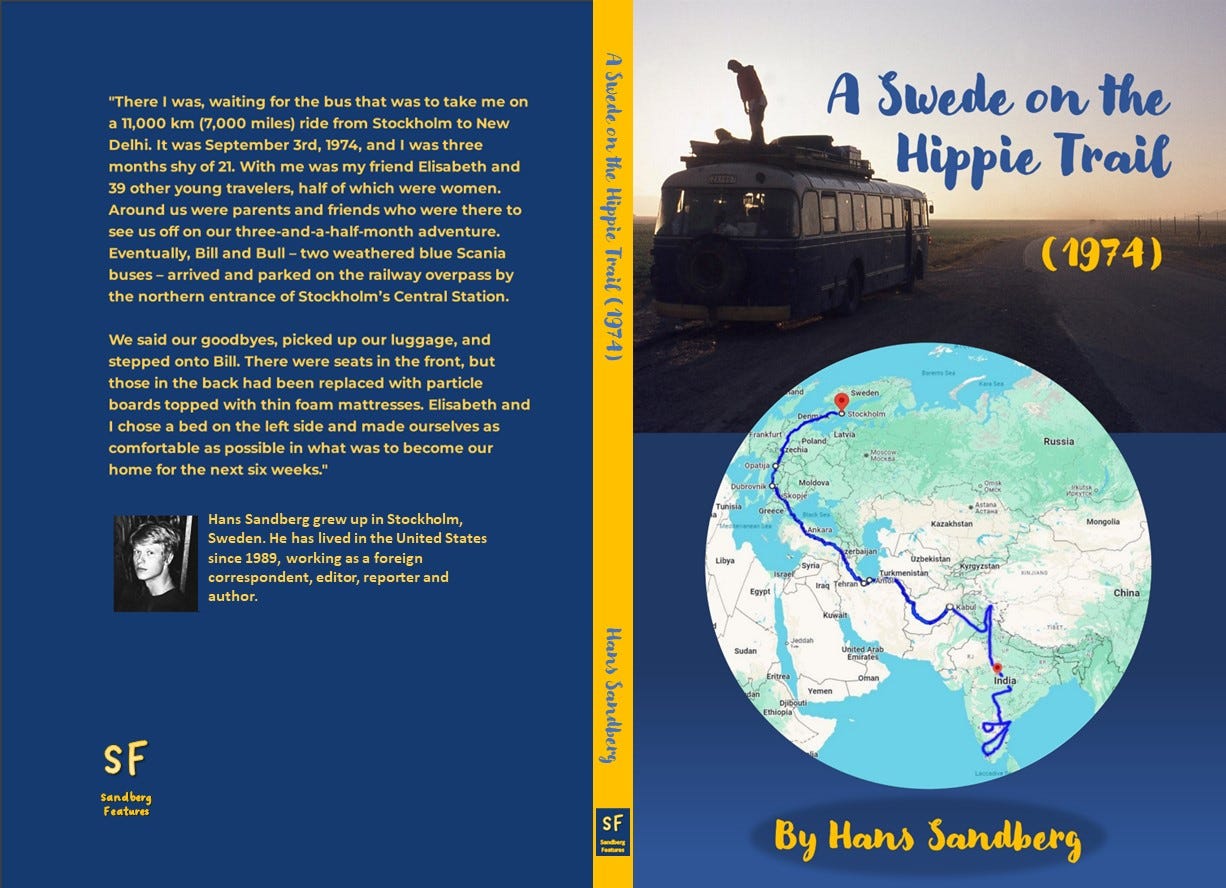We traveled for a couple of weeks in southern India and enjoyed its human and cultural diversity, but we had a hard time with the food, which was even more spicy than in central and northern India.
After Hyderabad in Telangana, Hassan, Mysuru (Mysore), and Bengaluru (Bangalore) in Karnataka, Chennai (Madras) and Madurai in Tamil Nadu, we arrived in Cochin (Kochi) on the Malabar Coast in the state of Kerala. The first humans to settle Kerala followed the coastline according to the British historian Michael Wood.
“Despite all the waves of history, these people have remained in isolated groups since that original long walk. It is an incredibly exciting scientific breakthrough of the last few years, to begin to pin down such deep identities. And the professor even thinks that those first beachcombers provided the basis for the genetic inheritance of the rest of us. In other words, the world was populated from here: If Adam came from Africa, Eve came from India.’ Mother India indeed!
It was a dizzying vista at the start of a journey through Indian history. And Kerala is a great place to understand the later layers of human culture in India. Spared violence, war and mass migrations, the modern horrors of population exchanges and ethnic cleansing, people came here as peaceful immigrants or traders. Its beautiful landscape and climate, its fertility and productivity made it a desirable stopping point throughout history.”
(Michael Wood, India, 2007, p 16.)
It may be true that the visitors were peaceful, but that sounds like a romantic interpretation to me. Once the Malabar Coast became a center for the highly profitable spice trade some five thousand years ago, that peace was often challenged— first by pirates during the Roman Empire, and later by European imperialists. Traders from Greece, the Roman Empire, the Middle East, and Egypt would dock their ships in the port of Muziri. Then came the Chinese, Dutch, Portuguese, Danes and British.
Just a few years after Vasco da Gama had discovered the sea route to India, the Portuguese set their eyes on Kochi, and in 1503 got a permission from the King of Kochi to build a fort on the waterfront of the Arabian Sea. Portugal would build many more forts in the area and establish control, but the Dutch drove them out in 1663 only to trade their colony with the British Empire in 1814 in exchange for Bianca and Sumatra (Indonesia.)
The modern state of Kerala was formed in 1956 and got a reputation for being a progressive state that soon erased illiteracy among its population.
***
The text above is from my new book “A Swede on the Hippie Trail (1974),” which is available on Amazon as a Kindle ebook, paperback and hardcover book. If you’re curious about my writing, check out










Aeon Magazine has a very interesting essay about Kerala's recent economic history. https://aeon.co/essays/how-did-kerala-go-from-poor-to-prosperous-among-indias-states